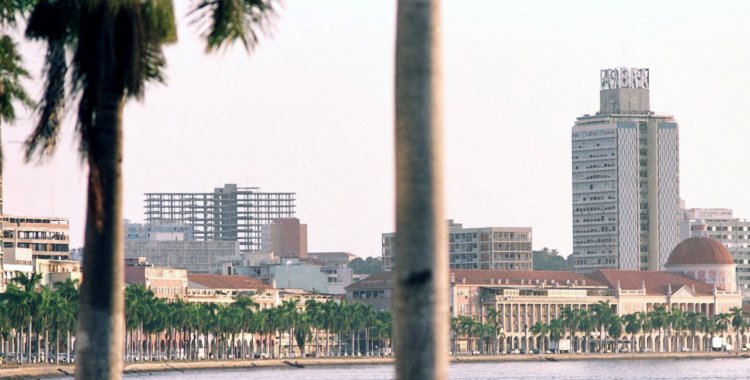"Any optimism about coming out of the recession of the last four years was eliminated with the oil price war in March, and aggravated by the covid-19 pandemic, forcing us to revise our recession forecast to 9.3 percent this year, which means that Angola will be in 2020, for the fifth consecutive year, on negative ground," said economist Pieter du Preez during the presentation of the 'webinar' that took place this afternoon.
Addressing the impact of the new coronavirus pandemic in Africa, the analyst noted that the price of oil had fallen 40 percent since the beginning of the year and that the consultant's predictions were that it would only return to an average of 65 dollars per barrel in 2026.
For Oxford Economics, the sub-Saharan African region will be one of the most affected by the pandemic, which has worsened an already difficult economic situation.
"Policies of containment and social isolation will have a heavy impact on public spending. For example, a 12-week lockdown will reduce public consumption by 32 percent," she said, warning that "the region's budget deficits will skyrocket with revenue cuts and the costs of policies to support job retention.
South Africa is not expected to return to the level of economic growth prior to the pandemic until 2023, and in Nigeria that level is not expected to be reached until 2024, analysts point out, which estimate a drop in world GDP of 4.6 percent this year and a 5.1 percent drop in Africa this year.
Angola is among the countries most affected by the pandemic due to its heavy dependence on oil and high level of debt, which has led the three financial rating agencies to downgrade the country's rating in recent weeks.
Fitch Ratings downgraded Angola's rating from "B" to "B-" on 6 March with a stable outlook, justified by the impact of lower oil production and prices and sharper than expected currency depreciation, which increased public debt levels.
On 26 March, Standard & Poor's downgraded Angola's medium and long-term sovereign debt rating from "B-" to "CCC+" with a stable outlook, keeping short-term risk at "B", pointing to concerns about the scope of fiscal consolidation and increased levels of public debt.
Five days later, Moody's also put its B3 rating under negative review to assess the credibility of the government's plans and reforms and its ability to mitigate the impact of the recent drop in oil prices on the national economy.
According to the Centers for Disease Control and Prevention of the African Union (Africa CDC), in the last 24 hours, the number of deaths rose from 1959 to 2012, while infections rose from 49,352 to 51,698.
The total number of patients recovered rose from 16,315 to 17,590.
Only five countries concentrate more than half (56 per cent) of all cases on the continent: South Africa (15 per cent), Egypt (14 per cent), Morocco (11 per cent), Algeria (10 per cent) and Nigeria (6 per cent).







